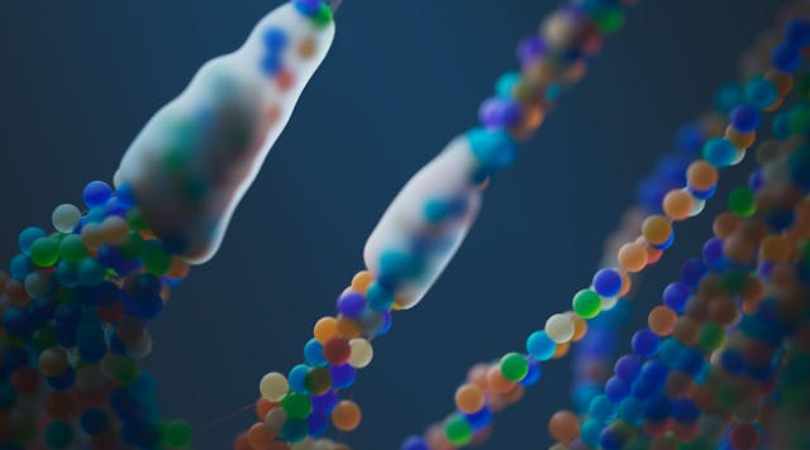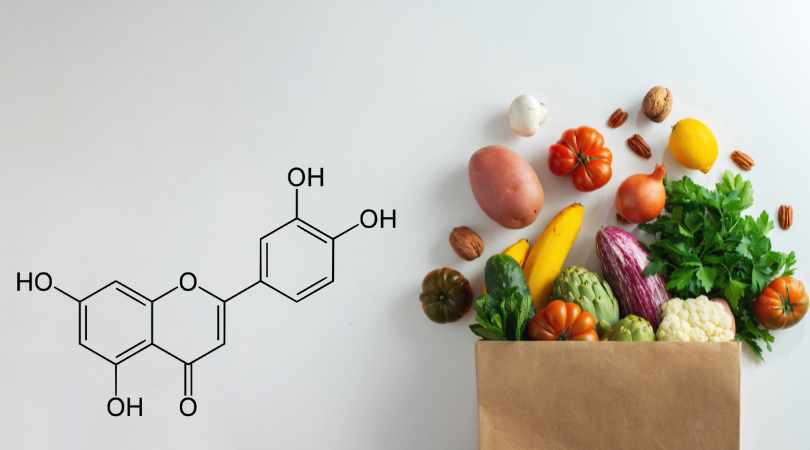Scientists have successfully restored the lost uricase enzyme, a key breakthrough in combating fructose-induced fat formation. This discovery offers new hope for preventing obesity and metabolic disorders by targeting how the body processes sugar and stores fat.
Limited Quantities Available! Order Today and Enjoy Free Shipping on Orders Over $100!
Fructose Stories in Nature

Nature never ceases to amaze us with its extraordinary tales of survival. By observing animals we uncover remarkable stories that shed light on the role of fructose in their unique metabolic strategies. These stories not only cause us to marvel but also offer insights into the effects of fructose on our own health and well-being.
Bears and Hibernation
During the fall, the American black bear and the grizzly bear undergo a remarkable transformation in preparation for hibernation. To accumulate the necessary energy reserves, they dramatically increase their food intake, consuming up to 20,000 calories per day. One study even found the remains of 10,000 Oregon Grape Berries in the scat of one bear. Bears are also known to love honey, all consistent with a fructose-rich diet. This surge in fructose consumption helps them store significant amounts of fat, allowing them to sustain themselves during the long hibernation period.
The Extraordinary Hummingbird
Hummingbirds, despite possessing the fastest known metabolism among birds, have managed to overcome the limitations of their high-energy requirements. With such a high metabolism, it would seem impossible that this bird could become fat.
To sustain themselves, they rely on a unique metabolic strategy. By consuming a diet predominantly composed of pure liquid fructose throughout the day, they induce a diabetic-like state by evening. This exceptional binge on fructose results in a remarkable increase in body weight, with their fat stores reaching an astounding 40%. This surplus of fat serves as a critical fuel source during the night, allowing hummingbirds to survive until they can refuel in the morning. If their fat reserves become depleted, they slow down their breathing and heart rate, similar to hibernating animals, until they can replenish their energy stores.
Arctic Ground Squirrels: Hibernation without fructose
Arctic ground squirrels face challenging periods of scarcity in their harsh habitats. While their diet primarily consists of simple carbohydrates devoid of fructose, they synthesize Fructose in certain conditions. Like humans, they possess the ability to convert excess glucose into fructose. This fructose synthesis enables them to gain weight and accumulate fat, providing vital energy stores to endure the scarcity of food during hibernation.
Elephants, Camels, and Whales: Survival in Dehydration
Elephants, known for their size and strength, roam the arid landscapes in search of water sources. During times of water scarcity, their bodies activate fructose production, allowing them to conserve precious fluids and energy reserves until they can find a watering hole or a new source of hydration.
Camels, renowned for their ability to traverse the desert, possess remarkable adaptations that enable them to withstand arid conditions. These resilient creatures have the ability to convert fat into water and energy, providing them with an additional source of hydration when water is scarce. Fructose activation aids camels in conserving water and optimizing energy utilization, allowing them to navigate the harsh desert terrain with remarkable endurance.
Whales, the magnificent giants of the ocean, face a different challenge. Have you ever stopped to think about whether whales can drink salt water? Like other mammals, they cannot drink the surrounding saltwater. Instead, they obtain their fresh water primarily through their food. By activating fructose production, whales optimize their energy utilization and conserve water, ensuring their survival during long migrations and periods without access to freshwater sources.
Closer to Home
When it comes to our furry companions like cats, it’s important to remember that cats are natural carnivores and thrive on a low-carbohydrate diet. Excessive carbohydrate consumption can lead to weight gain in cats, but what many pet owners may not realize is that it’s the stimulation of fructose production from a high carbohydrate diet that can contribute to this. Therefore, it’s crucial to be mindful of their carbohydrate intake and provide them with a diet that aligns with their carnivorous nature, helping to prevent unwanted weight gain and maintain their overall well-being.
Fructose and Human Metabolism
While humans have distinct dietary requirements and metabolic processes, the fructose pathway remains consistent across species. Fructose, whether obtained from the diet or synthesized within our bodies, triggers identical metabolic responses that can have profound effects on our health.
In addition, humans have addeded handicaps that other animals do not possess. Humans do not possess the uricase gene, which means that humans generate more uric acid than other animals. We are also unable to synthesize Vitamin C, which helps reduce the oxidative stress caused by the uric acid. As a result of both of these conditions, fructose acts more potently in humans.
To regain control over our metabolic processes, it is crucial to explore solutions that address the impact of fructose. Supplements that effectively block fructose metabolism and assist in repairing its damage offer a path towards restoring a healthier balance. By incorporating these supplements into our diet, we can take proactive steps to manage weight, support overall well-being, and minimize the negative consequences of an excessively activated fructose pathway.
Conclusion
Nature’s tales provide us with invaluable insights into the role of fructose in metabolic strategies across species. As we uncover these stories, it becomes clear that understanding the impact of fructose on our health is essential. By embracing supplements that block fructose metabolism and aid in its repair, we can regain control over our metabolic processes and optimize our well-being. Let us draw inspiration from nature and leverage scientific advancements to navigate the intricate relationship between fructose, metabolism, and our health.
Disclaimer: The information in this blog reflects personal opinions, experiences, and emerging research. It is not intended as medical or professional advice and should not replace consultation with qualified professionals. The accuracy of this content is not guaranteed. Always seek guidance from a licensed expert before making any health-related decisions.


Chris | 🔬 Founder of LIV3 Health
⚡ A keen researcher dedicated to uncovering the root causes of metabolic dysfunction, the key driver of chronic conditions behind 70% of global deaths. His findings led to science-backed, natural solutions designed to inhibit fructose metabolism.
📢 Follow me on Reddit for insights on metabolic health and the future of wellness! -






